The topic of this week's prompt is Nature. I love being in contact with nature. And even though I live in a big city, Caracas is a privileged place as far as nature is concerned. A few days ago, I made a post on Noise.cash about 5 things I love about Caracas. All of them referred to its nature.
But this time, I'm going to go further. And I'm going to show you a bit about the nature that my whole country has. And although, the song that comes to mind at the time of writing this, is a Brazilian one, País Tropical. The first stanza is perfectly suited to Venezuela as well. I live in a tropical country, blessed by God and beautiful by nature.
But going to the subject and without going around the bush. Venezuela it's located in the North of South America and is bordered to the north by the Caribbean Sea. Now, I will tell you about the diversity of its unique natural landscapes.
Amazonia
The Amazon Rainforest or Amazonia is the largest tropical reserve on earth. It's spread over 9 countries, and Venezuela is one of them.
In the Amazon region of Venezuela, it's located the Canaima National Park, land of tepuis, rivers, and waterfalls. It's the second largest national park in the country. Some of the areas of this vast national park can only be visited by flying overhead in a small plane or navigating one of its innumerable rivers. In Canaima, is find the highest waterfall in the world, El Salto Ángel (Angel Falls).
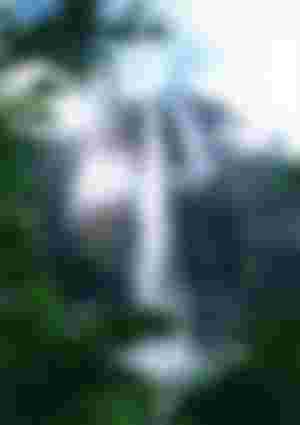
You may not have heard of this waterfall. But surely, you have watched the Disney Pixar movie, Up. The landscapes in that movie are inspired by this region.
This region is of high biodiversity. With very exotic species like the wild orchid in the photo.
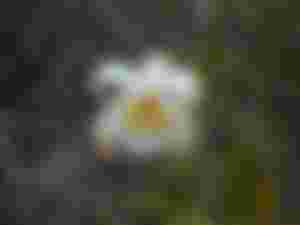
In the Amazon region, there is also the Gran Sabana. Located on some of the oldest rocks in the earth's crust, called the Guayanes Massif.

This is one of the debts that I have with myself, visiting the Gran Sabana.
Plains
We also have plains, extensive savannas that are lost on the horizon.
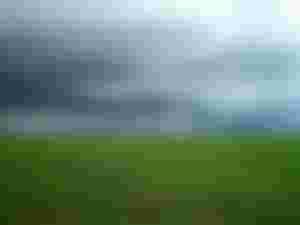
Plains, estuaries, lagoons, and many fauna and flora characterize this region. And a sample of the fauna is this Baba (Caiman Crocodilus) that unfortunately has been threatened by indiscriminate hunting. Because its skin and meat are well prized.
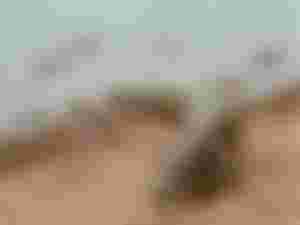
Beaches
But if you tell me, you aren't a jungle or plains kind of person and that you like the sea better. Venezuela is your place.
The Venezuelan coast is 3,726 km along the Caribbean Sea and the Atlantic Ocean. But we also have lots of islands and islets. So you will not be short of beaches to choose from.
One of our main family vacation destinations in recent years has been the Isla de Margarita. In Noise, I've shared photos of its different beaches many times.
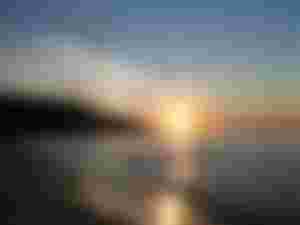
But if paradise exists, it must look a lot like the Los Roques Archipelago. There are more than 300 islands and keys in a protected area. With white sand beaches and a marine ecosystem that makes it the dream destination for those who like to dive.
When I went, it was many years ago, and I have no photos to share. But I got this free of rights. If you are curious, google Los Roques to see what I'm talking about.
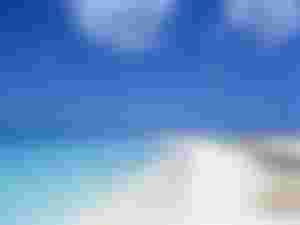
I could spend hours talking to you about Venezuelan beaches, but I have to continue. There's still more.
Mountains - Los Andes
We also have mountains, and many times in Noise, I've shown you those that surround Caracas, the Ávila, our natural lung. But this time I'm going to tell you about Los Andes. The longest continental mountain range in the world that goes along the western edge of South America. It covers 7 countries, and Venezuela is one of them.
In the Andes is the Sierra Nevada National Park, and the highest point in our country, El Pico Bolívar.
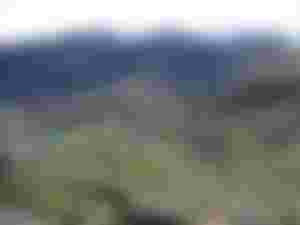
This region has large tracts of crops. But also vast expanses of moorland. Where the characteristic vegetation is the Frailejón.
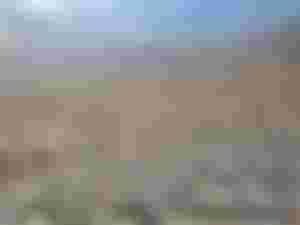
One of the star fauna species in the region is the Andean Condor. An imposing bird that is unfortunately in danger of extension. This photo is from several years ago in a refuge in the State of Mérida for the condors called Mifafí.
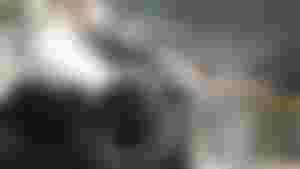
And this, my dear friends, is just a little glimpse of how kind nature has been with these lands. And there is much more, but I'll save it for the next time.
And now the other point that Jonica mentioned at the prompt, human nature.
El venezolano - the Venezuelan
I'm going to tell you about the nature of Venezuelans. Most are good people. They are friendly and cheerful.
If you are coming to Venezuela for the first time, and you are used to living in societies where you don't use to speak to strangers, I warn you that you may suffer a great culture shock. Here, if you are in a line anywhere, it will take less than 2 minutes before the person in front or behind you looks for a conversation. The same will happen in a waiting room.
Here we hug each other when we meet with friends. The greeting isn't just a handshake or a kiss on the cheek. We love to hug, and we also kiss, hehe.
The Venezuelan likes to make friends. They are funny and optimistic. Sometimes very wit. And love to celebrate, any excuse is good for a celebration.
But Venezuelans nowadays, sometimes have forgotten about our nature. We've been so burdened by the problems of the country for so many years. So divided and polarized that we sometimes express ourselves in a derogatory way.
But people from abroad when coming here, they use to fall in love with the country and the people.
Venezuela and its people for years welcomed immigrants from many countries. Most of us have a friend with Italian, Spanish or Portuguese grandparents. The inhabitants of other Latin American countries with political and economic problems in their own countries at the end of the last century, in Venezuela, found a home.
Among my Venezuelan friends. There are descendants of Lebanese, Armenians, Hungarians, Spanish, Portuguese, Italians, British, Germans, Argentinians, Colombians, and Chileans, to name a few. German blood from one of my great-grandparents runs through my veins. But that has changed today. We no longer receive immigrants. Now we emigrate. And that has affected our nature a bit in recent years. We are the second country with the largest number of displaced people in the world after Syria, according to UNHCR figures.
The political process that we've lived through in recent years has exhausted us. But our nature is there. We just have to nourish it with positive things. We cannot ignore the bad because we cannot hide the problems. But we cannot let those problems nurture us to the point of changing our nature. And this is a self-reflection. ;)
As for my nature, I'm a bit more introverted than the typical Venezuelan. I'm optimistic, and I like to help others. I like to see each day as a gift and a new opportunity, even if I don't always succeed.
If one day you dare to visit this corner of the world, here we will welcome you with open arms.
Thank you for reading! :)
Read Jonica's post on the Nature prompt here. To participate, these are the rules:
Write about Nature
Write 100% original content
Write at least 600 words
Tag @JonicaBradley
Have fun!
My previous articles on the prompts:
P1- Freedom - What does Freedom mean to me?
P2 - Motivation - Why I'm using cryptos? - my motivations
P4 - Darkness - Five days in the darkness
P5- Questions - Too many questions
To all my wonderful sponsors, thank you all!
Images credit on the caption.
Until next time. :)
July 14, 2021
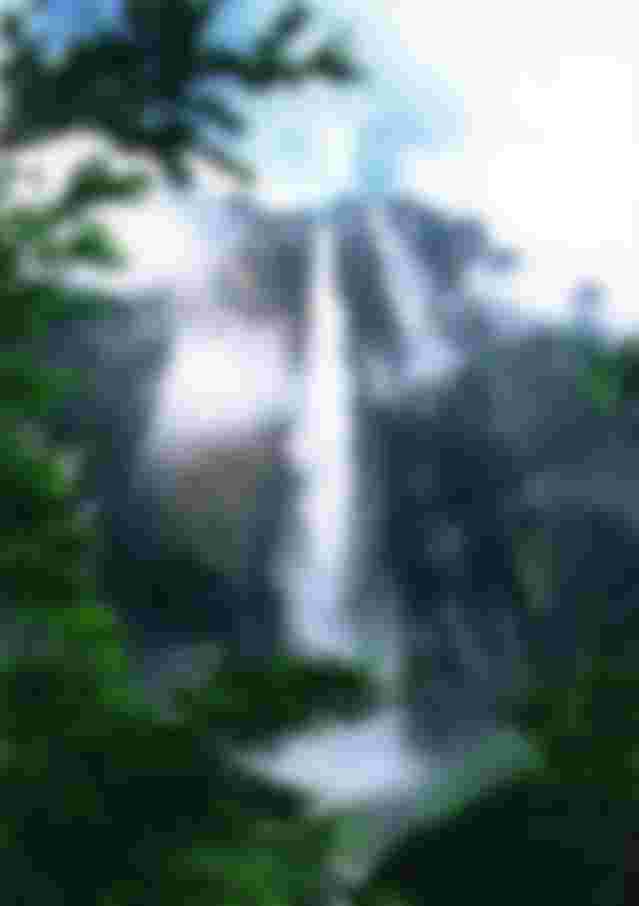
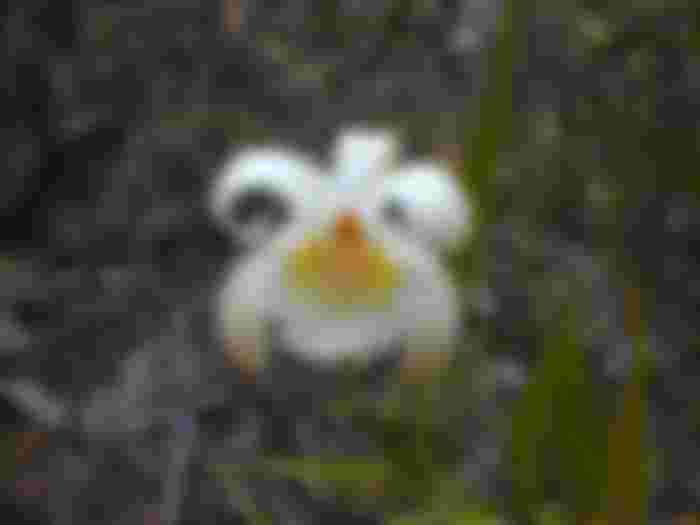

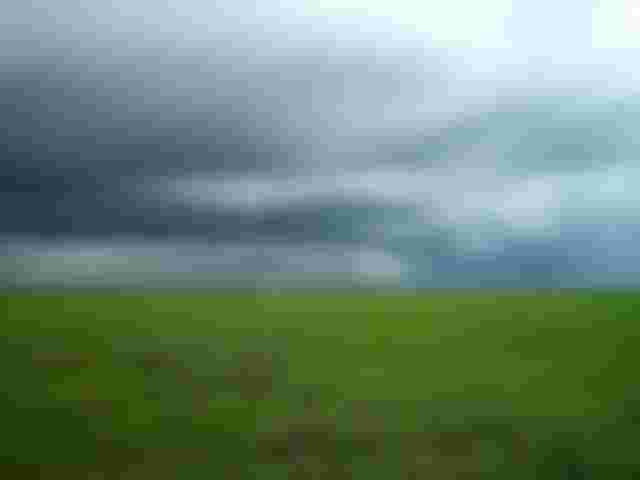
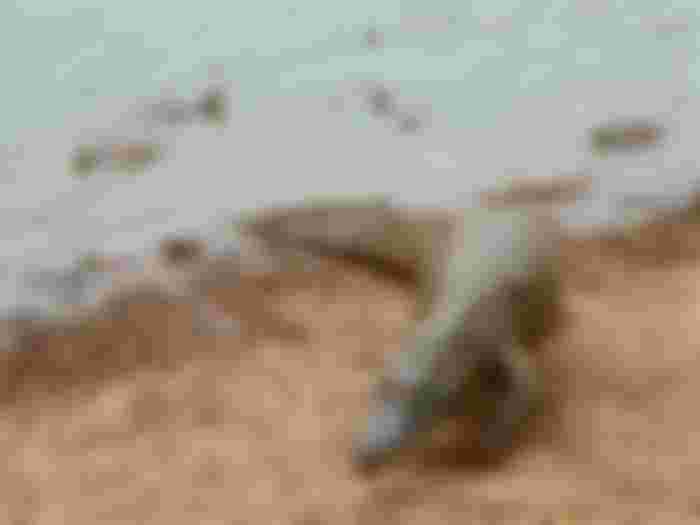
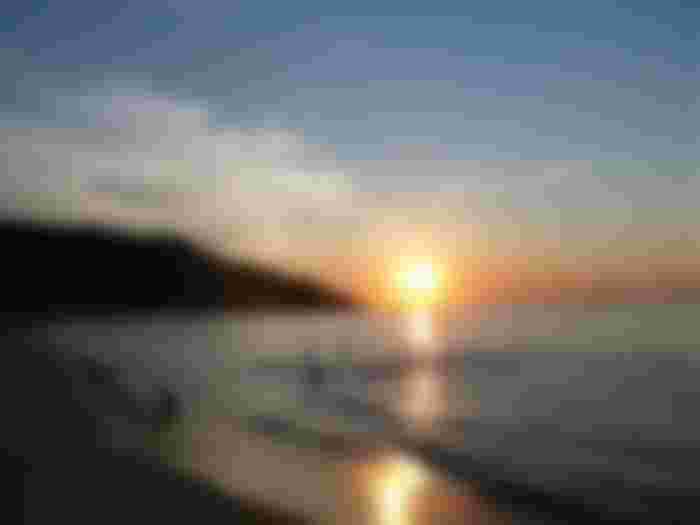
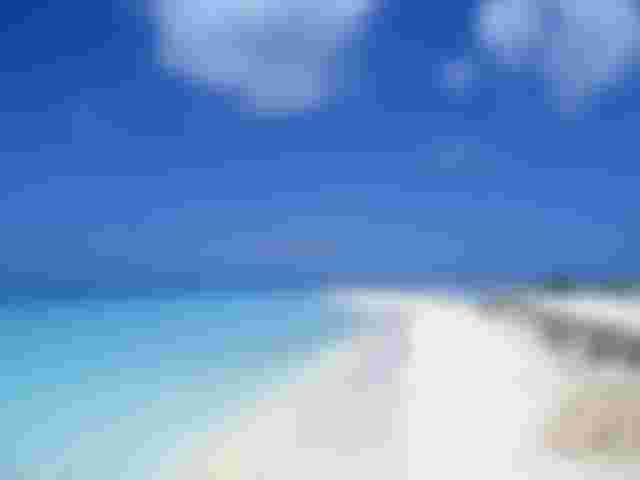
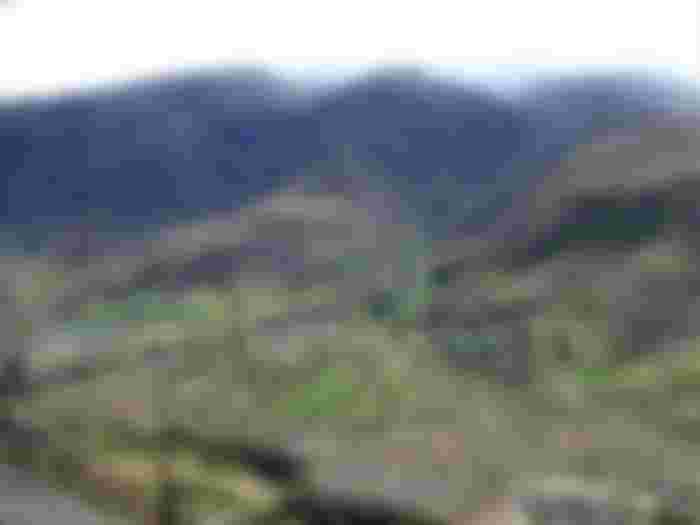
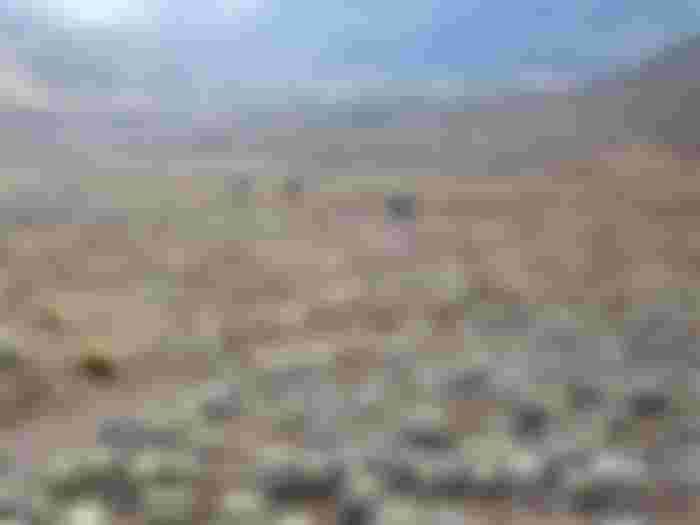
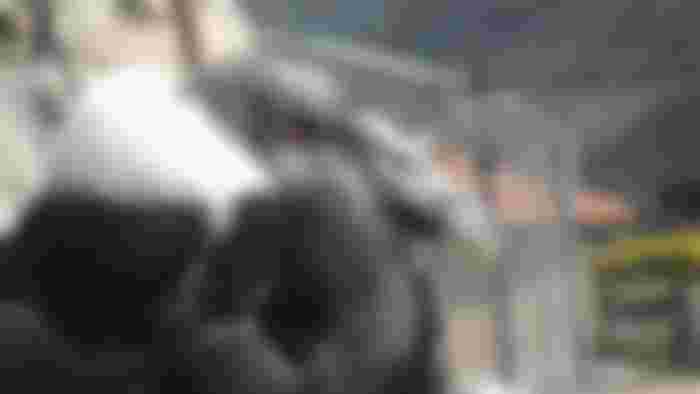
I'm out of words. Those are fantastic sceneries. I love the plains, I can imagine myself running wild there. And that white sand beach, man, I miss the sea.
I'm sorry about what happen to your country. It is sad to know that the once bubbly nature gone because of problems. I hope things will be okay soon.